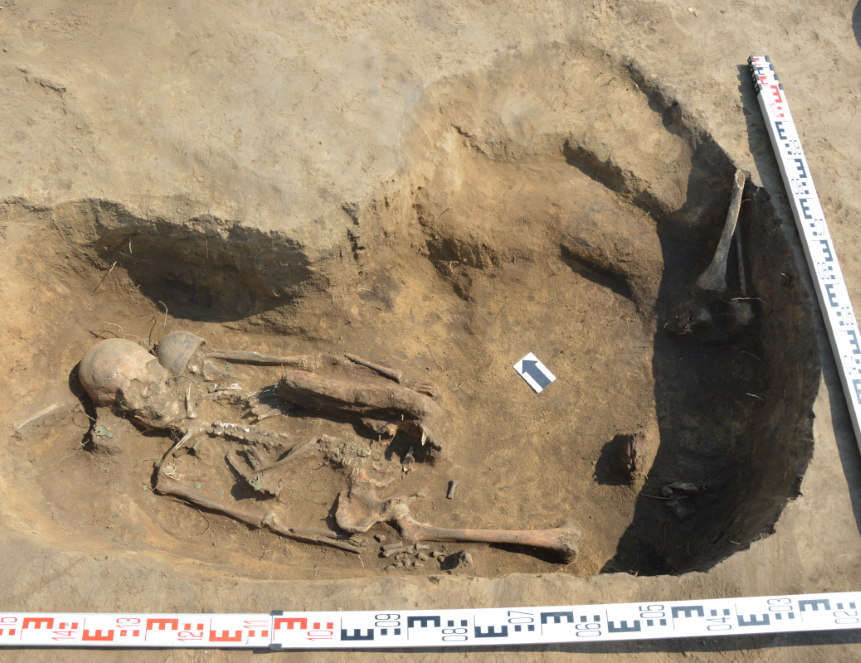The Garden of Eden, a cornerstone of Judeo-Christian mythology, has long fascinated theologians, artists, and scholars alike. This biblical paradise, described in the Book of Genesis, serves as a profound symbol of innocence, divine creation, and humanity’s fall from grace.
The Biblical Narrative
According to the Genesis account, Eden was a lush paradise created by God, where the first humans, Adam and Eve, lived in harmony with nature. The garden contained the Tree of Life and the Tree of the Knowledge of Good and Evil. God forbade Adam and Eve from eating the fruit of the latter tree, but tempted by the serpent, they disobeyed. Their act of defiance resulted in their expulsion from Eden, marking the loss of innocence and the onset of mortal suffering.
Symbolic Interpretations
The story of Eden has been interpreted in myriad ways across religious and philosophical traditions. For many, the garden represents a state of primal innocence and divine communion, while the Fall signifies the human condition marked by sin and separation from God. The serpent is often viewed as a symbol of temptation, chaos, or even wisdom, depending on the cultural lens. The fruit from the Tree of Knowledge has been interpreted as a metaphor for moral awakening, the burden of free will, or the pursuit of forbidden knowledge.
Influence on Religious Thought
Eden’s narrative profoundly shaped Christian doctrines such as Original Sin and the need for salvation through Christ. In Judaism, the story emphasizes the complexities of free will and the consequences of moral choices. Islam also recounts the tale, albeit with variations that stress divine mercy and the possibility of repentance.
Cultural Legacy
Beyond its religious context, the myth of Eden has inspired countless works of art, literature, and philosophy. From John Milton’s Paradise Lost to contemporary debates on human nature, Eden endures as a potent symbol of lost perfection and the quest for redemption. It also intersects with ecological narratives, representing a primordial harmony between humanity and nature.
Conclusion
The Garden of Eden transcends its biblical origins, offering profound insights into human nature, morality, and the divine. Whether viewed as a literal place, a spiritual state, or an allegory, Eden’s myth continues to shape religious thought and cultural imagination across the ages.







